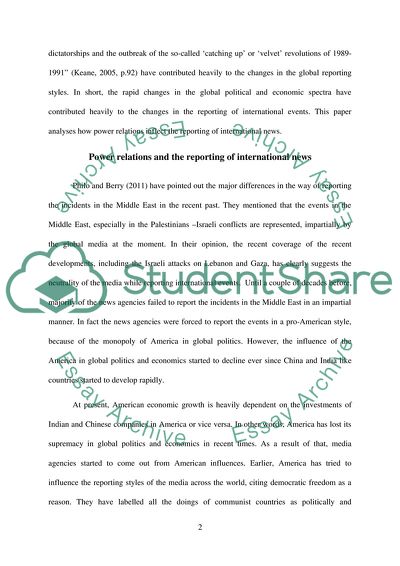Cite this document
(“Power Relations and the Reporting of International News Essay”, n.d.)
Retrieved from https://studentshare.org/journalism-communication/1665008-critically-examine-the-ways-in-which-power-relations-inflect-the-reporting-of-international-news
Retrieved from https://studentshare.org/journalism-communication/1665008-critically-examine-the-ways-in-which-power-relations-inflect-the-reporting-of-international-news
(Power Relations and the Reporting of International News Essay)
https://studentshare.org/journalism-communication/1665008-critically-examine-the-ways-in-which-power-relations-inflect-the-reporting-of-international-news.
https://studentshare.org/journalism-communication/1665008-critically-examine-the-ways-in-which-power-relations-inflect-the-reporting-of-international-news.
“Power Relations and the Reporting of International News Essay”, n.d. https://studentshare.org/journalism-communication/1665008-critically-examine-the-ways-in-which-power-relations-inflect-the-reporting-of-international-news.


